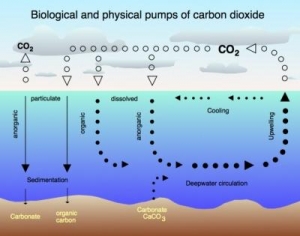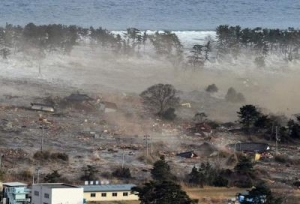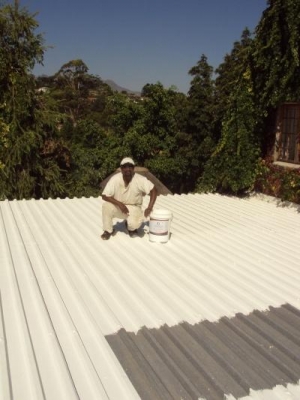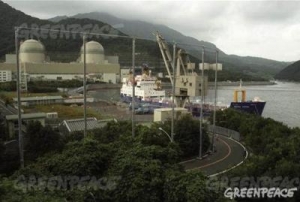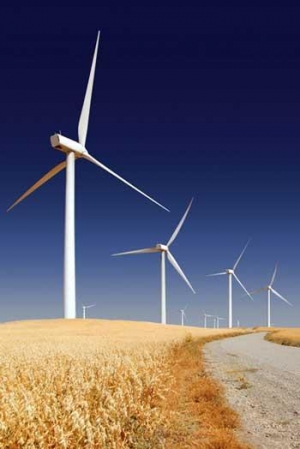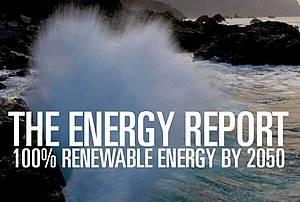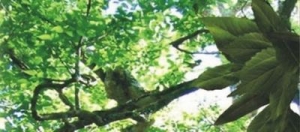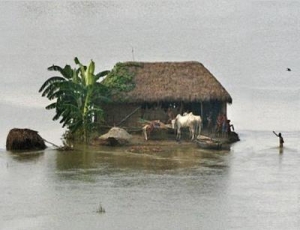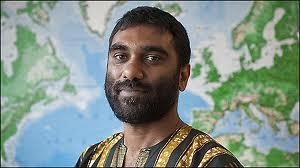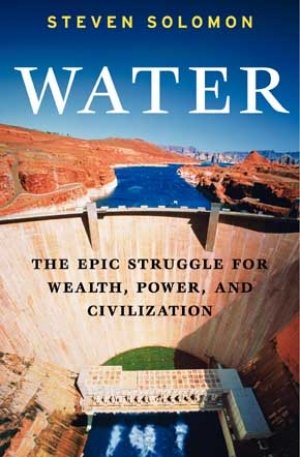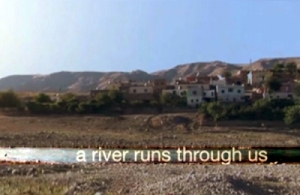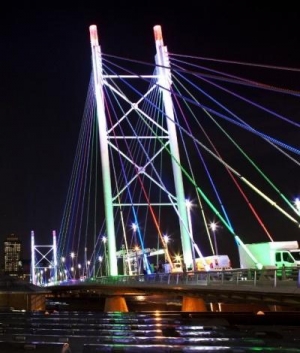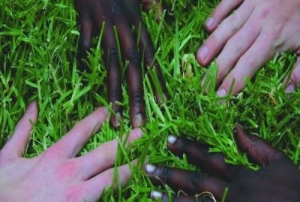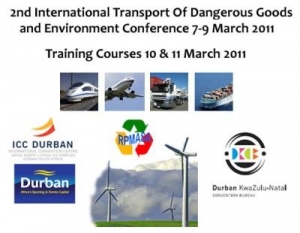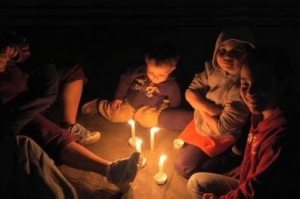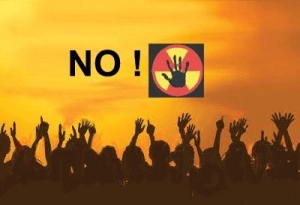Fertilizing the oceans to boost the growth of tiny plants that soak up greenhouse gases is unlikely to work as a way to slow climate change, a U.N.-backed study showed on Monday.
The people of Japan are still struggling to recover from the record breaking earthquake and tsunami that hit over there last week Friday. Thousands of people are dead and many more are still missing or injured.
Lisa Brunton is going the extra mile in her efforts to raise funds for the organisation Mamelani Projects, whose work focuses offering essential services in marginalized communities.
Just when we thought our computers, and brains, would melt into a puddle in the hot chocolate Boland simmer, our office was saved by our own white ice cap.
The massive explosion following a cooling problem at one Fukushima's nuclear reactors, Daiichi, has been followed by more blasts at three more nuclear reactors, and two others are in danger. Up to date reports confirm that the Japanese government has issued a statement saying that radiation levels are now at dangerous levels, given the additional radiation from a fire in a storage pond of used fuel rods. The level measured is the same as if a person were receiving 4000 chest X-rays every hour. This has created an untenable situation for workers and local residents, especially given that a state of emergency has been declared for five reactors at the two plants.
"The evolving situation at Fukushima remains far from clear, but what we do know is that contamination from the release of Cesium-137 poses a significant health risk to anyone exposed. Cesium-137 has been one if the isotopes causing the greatest health impacts following the Chernobyl disaster, because it can remain in the environment and food chain for 300 years."
Three of the five top wind power companies in the world, Goldwind, Suzlon and Vestas, will have a high profile at the upcoming African Utility Week in what is clearly a huge surge in interest in foreign investment in green energy in South Africa and the continent. The South African minister of Energy, Elisabeth Dipuo Peters, and Eskom CEO Brain Dames will address the opening session of what is Africa's largest utility and power event.
A major new study by WWF demonstrates that all of the world's energy needs could be provided cleanly, renewably and economically by 2050.
Two years in preparation, The Energy Report breaks new ground with its global scope and its consideration of total energy needs including transport, and making adequate and safe energy available to all.
Natural forests maintain the physical and spiritual balance of our planet. As conduits of universal energy, the world's forests create a network of interlinking energy that provides a harmonious environment for life on Earth. With their roots in the Earth and their crowns in the Heavens, trees act as alchemists for the Divine, connecting what is above with what is below, and so providing the building blocks that are the foundation of life as we know it. With natural forests we share a sacred bond. They have been our silent, steadfast companions throughout Life's unfoldment. So intrinsic are natural forests to our existence that we have ceased to see them. We have forgotten the sacred bond we share.
The implications of climate change on development make both mitigation and, in particular adaptation, essential to responding to the impacts of climate change. Policy makers have recognised the need to integrate climate change adaptation into all spheres of public policy-making.
'People still talk about environmental change as if it is going to affect us further along the way. In 2008, 300 000 lives were lost as a direct impact of climate change. The lives being lost in Darfur is partly thanks to desertification.' So said Dr Kumi Naidoo at the Local Climate Solutions for Africa 2011 congress. He refers to the consequences as 'catastrophic' if we don't get emissions to peak by 2015. 'Those who make the greatest contributions, carry the greatest responsibility. We are not asking for charity, we are asking for a climate change debt to developing countries.' Naidoo does not just want us to secure the planet for ourselves, but for our children and grandchildren too.
In an except from Steven Solomon's 'WATER: The Epic Struggle For Wealth, Power, and Civilization,' Mesopotamia is the area between the Tigris and Euphrates rivers, which largely corresponds to modern day Iraq and surrounding lands. The violent floods from those two rivers gave rise to the earliest flood myths. The word Mesopotamia literally means "between the rivers," and it was the land of the great early civilizations of Sumer, Assyria, Akkadia and Babylon - in fact it is known as the cradle of civilizations. Though now a desert, in those ancient times Mesopotamia was filled with luxurious forests and vast farms of wheat and barley. Then the population dwindled and the land lost its fertility. Why?:
International Rivers is proud to announce our new 22-minute movie on the movement to protect rivers and rights. It was made by an independent filmmaker from Mexico, and filmed mostly at the "Rivers for Life" meeting of activists that took place in Mexico in October.
On Saturday, February 19, 2011, the fashion contingent turned its focus to Joburg Fashion Week, which took place on one of South Africa's newest and most iconic landmarks, the Nelson Mandela Bridge. Through its lighting solutions, Philips helped accessorise David Thlale's Autumn collection with a lighting display that framed the show and accentuated the theme.
Education for Sustainable Development (ESD) empowers children, adolescents and adults to shape their mindset and actions for a sustainable future. We must be aware that our actions today will have an impact on the lives and freedoms of future generations and people in other parts of the world. Education for Sustainable Development is an important aspect of education quality; it enables people to understand their own as well as the global contexts and to shape their actions accordingly. In addition, it conveys the values and principles that form the basis of sustainable development and underlines the complexity and interdependence of three spheres, the environment, society and the economy.
The 2nd International Transport of Dangerous Goods and Environment Conference takes place at the Durban International Convention Centre on 7-9 March 2011.
Earth Hour is the largest mass participation environmental event in the world and every year, WWF encourages people all over the world to turn off their lights for one hour in a symbolic gesture to pledge their commitment to combating climate change.
The nuclear crisis at Japan's Fukushima plant has added to the massive damage and loss of life resulting from a devastating earthquake and a tsunami. This nuclear crisis is already being considered as the second worst nuclear accident in history, since Chernobyl.

